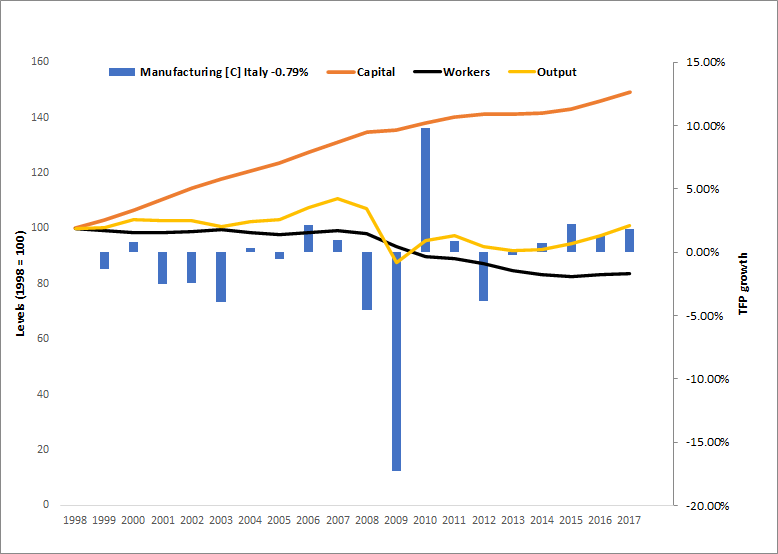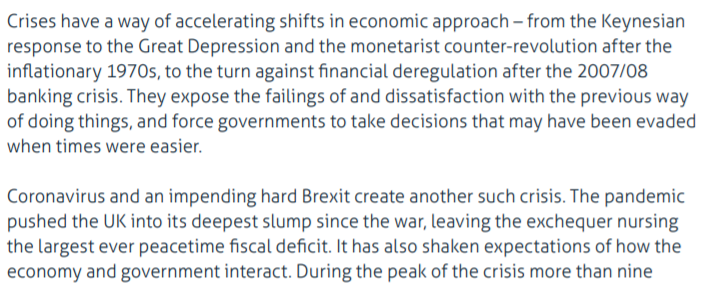
Bemused southern Remainers like me, about to be befuddled by the Hartlepool poll result, need constant reminders that there are lots of people who really, genuinely, honestly think that the Government did them a massive favour by pushing through Brexit ...
.... rather than, say, that a bunch of wilfully self-destructive people perversely chose to vote against their own interests to punish remote, elite others from the privileged south in an irrational spasm of cultural spite and are still somehow enjoying their vandalism
Why they still think Brexit is helping them is still beyond me, but that they do is surely undeniable
"Believe in the good faith of people whose opinions you find incomprehensible" is my sanctimonious self-advice of the day
• • •
Missing some Tweet in this thread? You can try to
force a refresh















